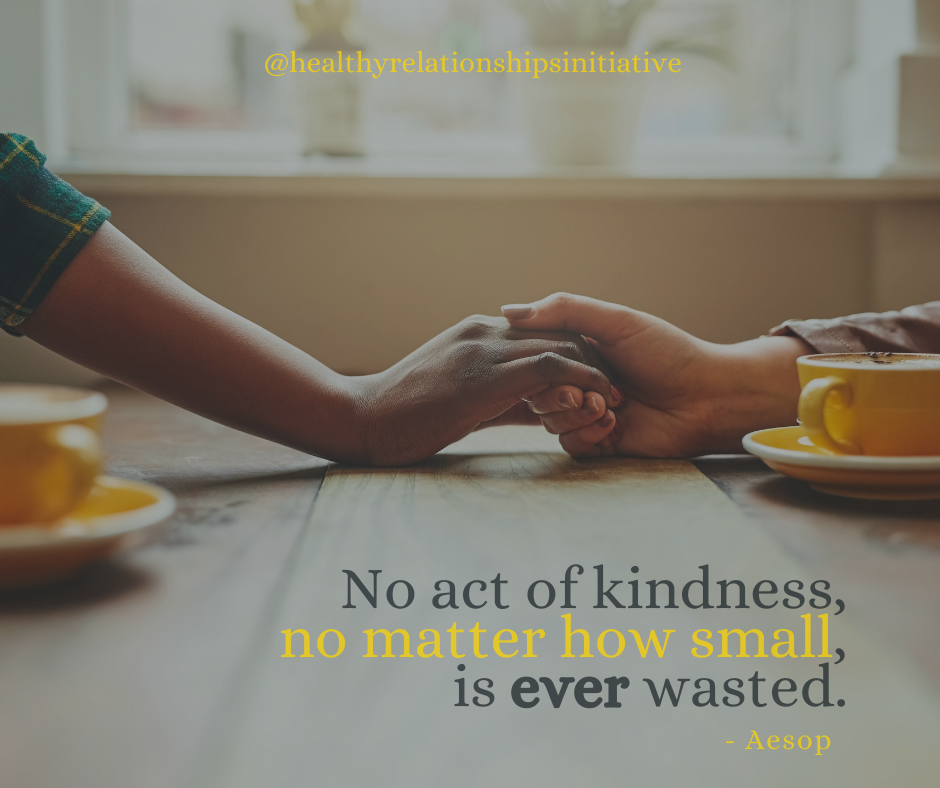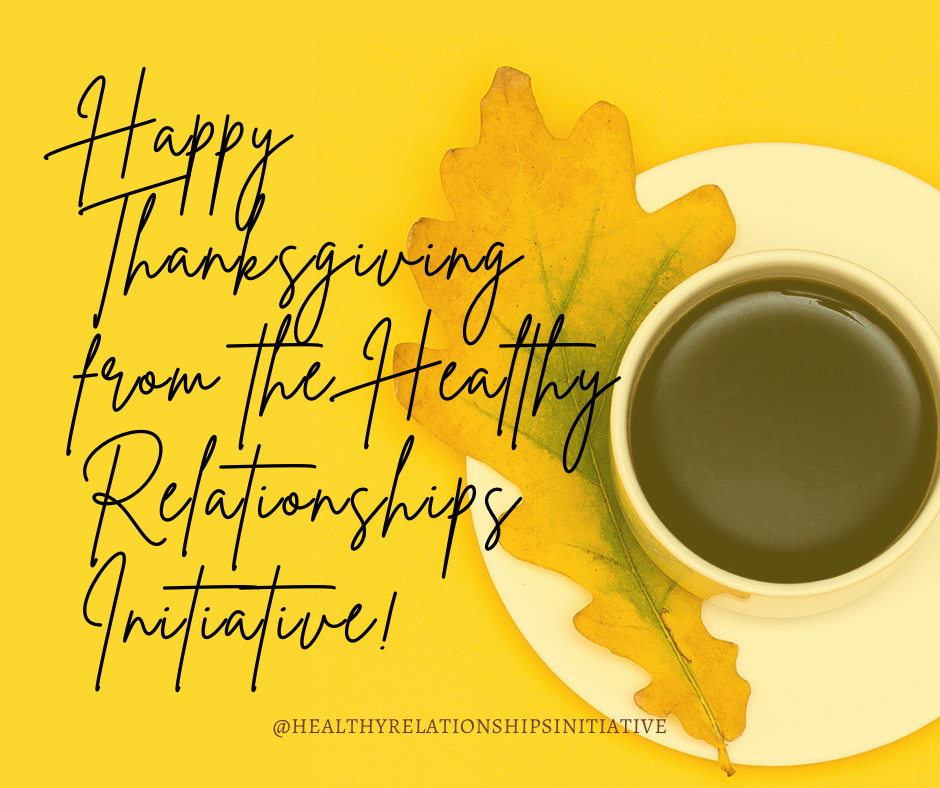Supporting Older Adults During the Holidays: Tip 1

Written by Camila Dos Santos, Program Coordinator of the Healthy Relationships Initiative & Heather Magill, Elder Justice Specialist Coordinator at the Guilford County Family Justice Center
The holidays can be a difficult time for many older adults. The holiday season, especially in the midst of a global pandemic, can bring about feelings of loneliness, isolation, and fear. It’s important for all of us, but especially, older adults, to not only cope with negative emotions, but also to safely connect with others in meaningful ways. This week, the Healthy Relationships Initiative is partnering with the Guilford County Family Justice Center to provide you with tips to support older adults during the holidays.
For many older adults, the holidays mean spending time with the family – enjoying children, grandchildren, and many others. But as holiday plans shift and change in the pandemic, other relationships, such as friendships and extended family, can be a source of great joy and connection during the holiday season.
Older adults who may not be spending the holidays with family members may want to find ways to connect with people outside of their family, such as old friends from previous jobs, neighborhoods, or faith institutions. Sending a letter, making a phone call, or scheduling a holiday Zoom get-together can offer opportunities for connection and bonding during a time when older adults may miss holiday gatherings and family meet-ups.









